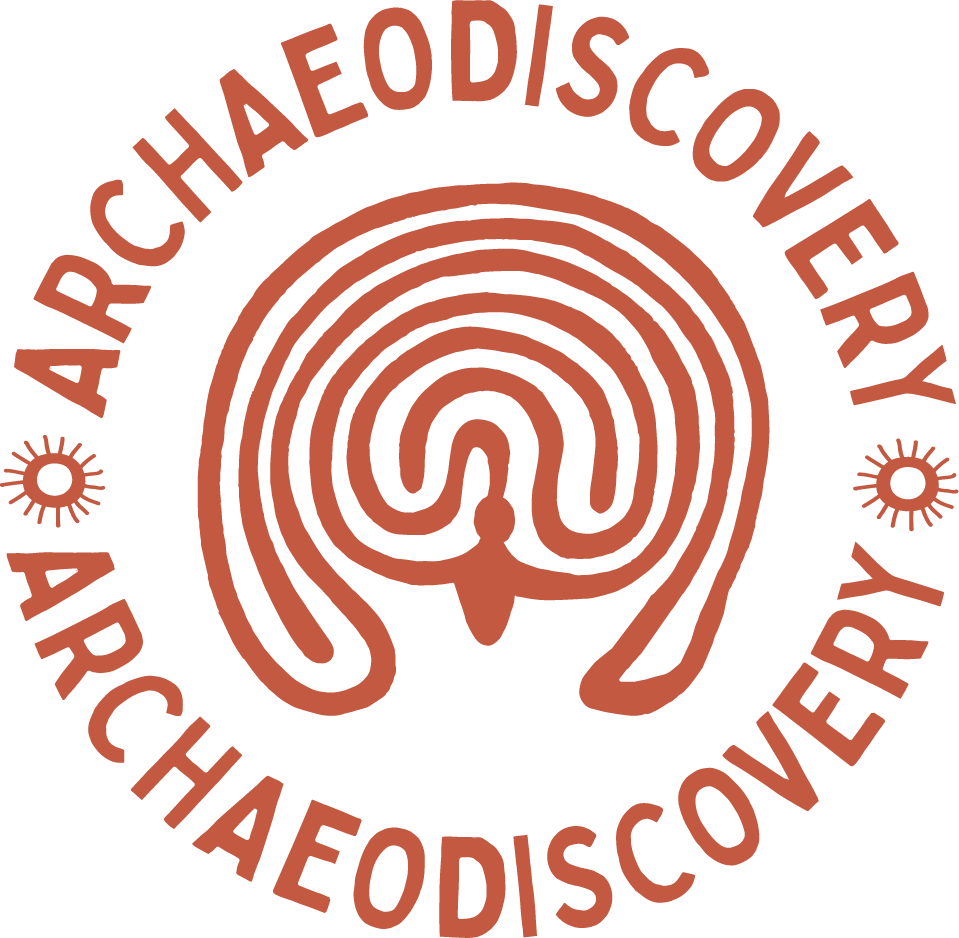Archaeodiscovery met up with renowned archaeologist and Palaeolithic expert Dr Mark Roberts
What do you like best about your job?
I’ve always liked playing and working outdoors, so that’s a definite plus in being an archaeologist. I’ve also always enjoyed exploring and finding out about things: I can’t resist a mystery and the processes involved in solving it.
The other good thing about being an archaeologist is that other people are always interested in what you do and how you do it so you’re never short of people to talk to.
What is your best discovery?
My best discovery was the site of Boxgrove where I found the UK's most ancient human fossils at half a million years old!

Perhaps more importantly this site has almost perfectly preserved sections of landscape covering a period from around 500,000 to 450,000 years ago. In the sediments that make up these landscapes we find large mammals such as rhinoceroses and elephants, lions and hyaenas; small mammals including moles and hedgehogs; bats; birds; reptiles and amphibians; fish; shellfish; microfossils from marine and freshwater; and of course, the stone, bone, and antler tools of early hunter gatherers.
Why are you so interested in the Palaeolithic period?
I think because it’s such a remote period of the past and the part of it that I work in, is inhabited by humans that are a different species to us. I like the idea of all those animals that we now associate with the continent of Africa, roaming around England in climatic conditions almost exactly the same as ours today, eating and sleeping in vegetation that is the same as today. Imagine the sounds of elephants trumpeting and lions roaring against a backdrop of a familiar dawn chorus of blackbirds and thrushes.

I also love flint tools, which I have been picking up since I was a boy. I like them because they are both simple and immensely complex. Handaxes, like the ones here, are still an enigma hundreds of years after we modern humans first worked out what they were.



